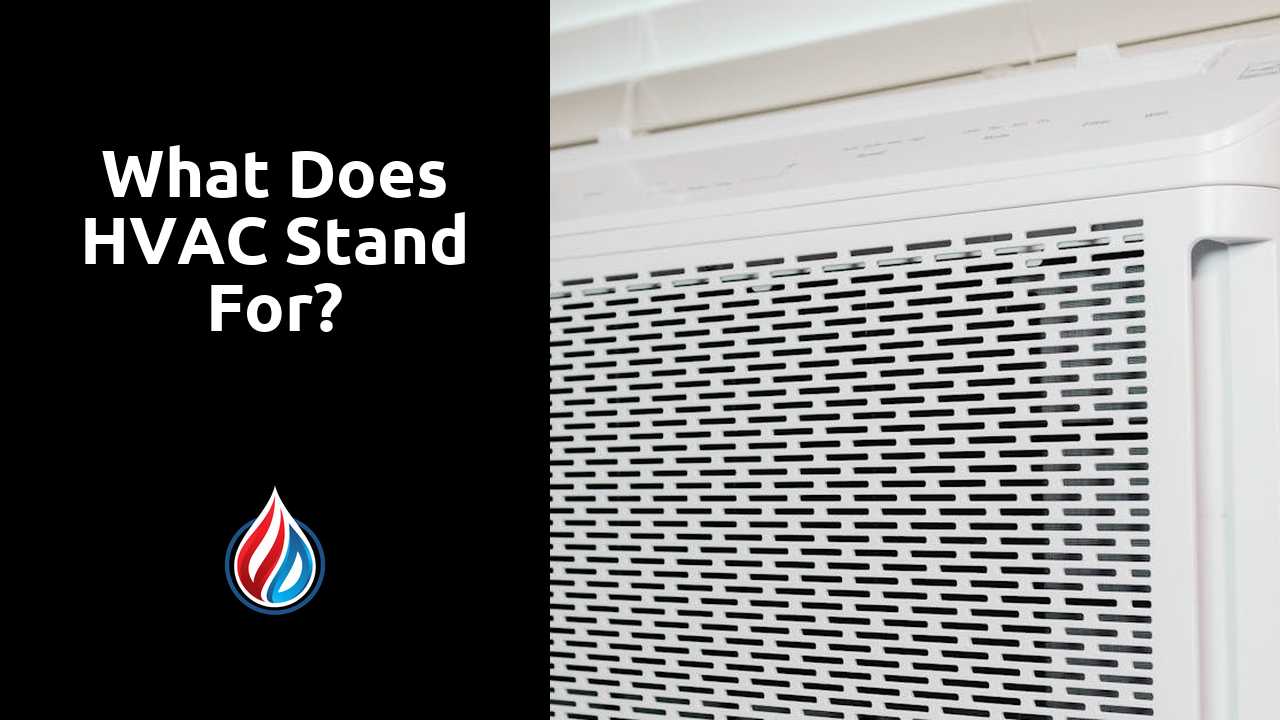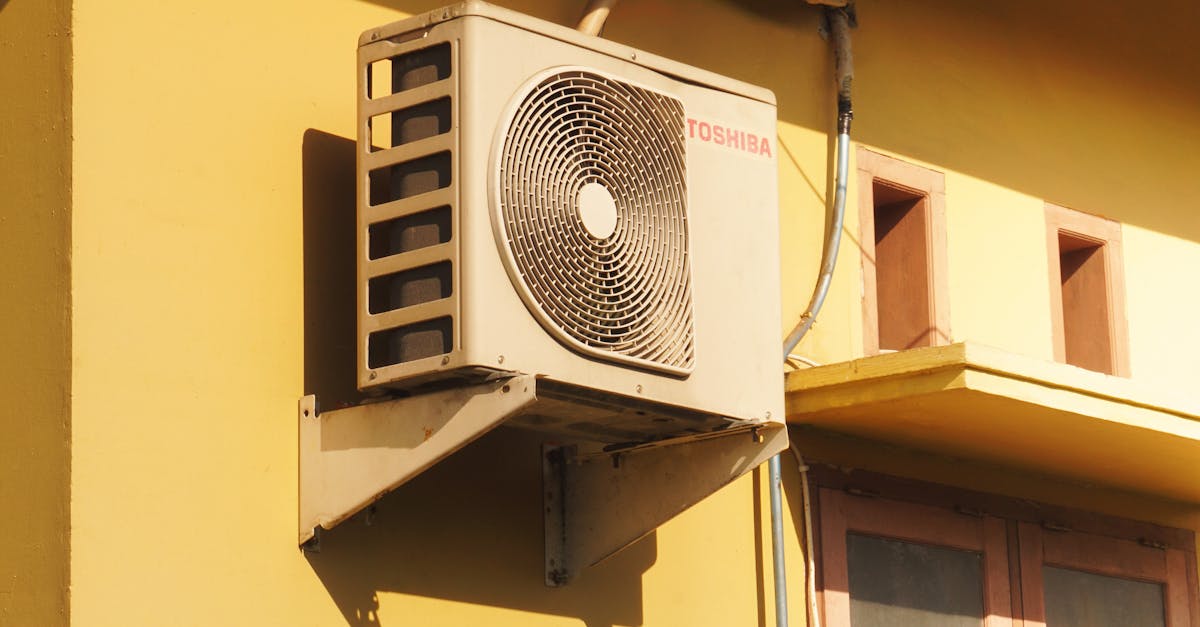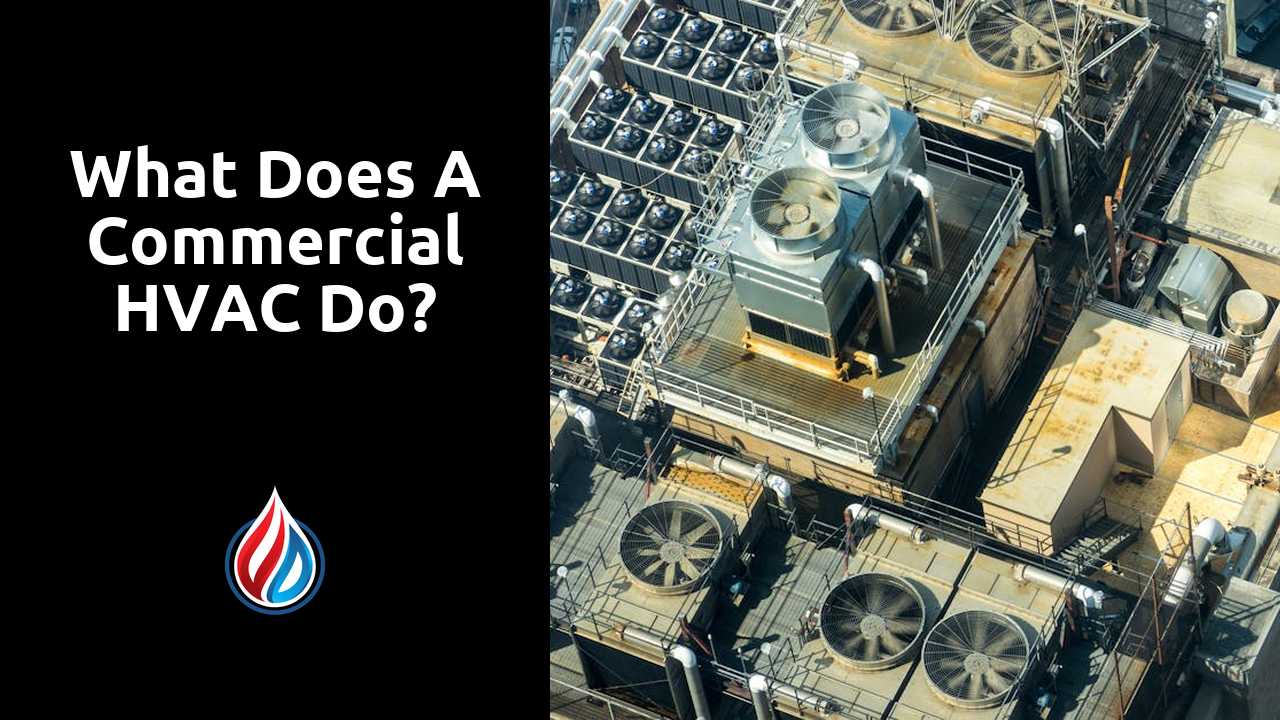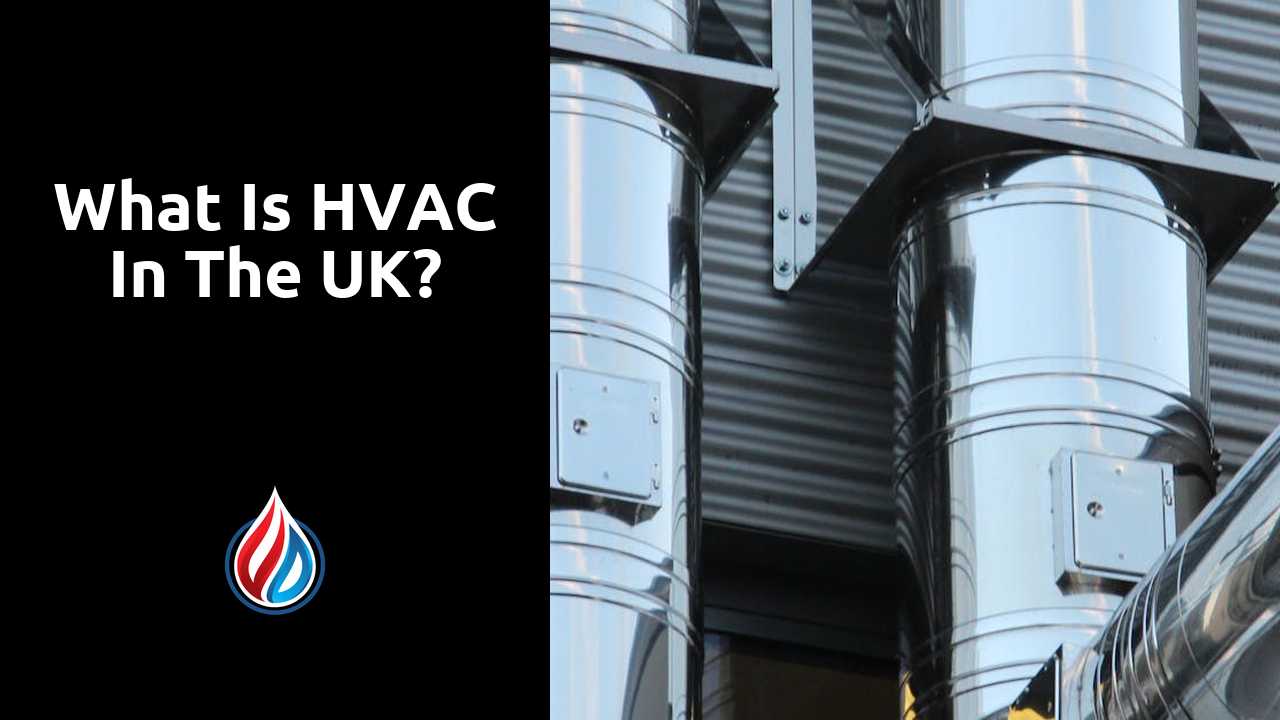
Table Of Contents
Energy Efficiency in HVAC
Energy efficiency is a crucial aspect of HVAC systems. High-efficiency units consume less energy while maintaining optimal comfort levels in buildings. Upgrading to modern equipment can result in significant savings on energy bills. Additionally, energy-efficient designs often contribute to a reduced carbon footprint. This is increasingly important in today's environmentally conscious market where sustainability considerations are paramount. Implementing energy-saving measures not only benefits the environment but also enhances the overall performance of the system.
When seeking to improve energy efficiency, many businesses turn to Commercial HVAC Services. These professionals provide insights and solutions tailored to specific operational needs. Regular assessments can identify areas where energy use can be minimised. Proper insulation and strategic placement of thermostats are vital factors that can lead to efficiency gains. Investing in these services ensures that commercial spaces remain comfortable while optimising energy consumption, contributing to long-term financial and environmental benefits.
Tips for Reducing Energy Consumption
Reducing energy consumption in HVAC systems can lead to significant savings and environmental benefits. One effective strategy is to ensure regular maintenance of the equipment. A well-maintained system operates more efficiently, reducing unnecessary energy use. Additionally, investing in programmable thermostats allows users to better control their heating and cooling schedules, preventing energy waste when spaces are unoccupied. This can be particularly beneficial for businesses seeking to optimise their energy expenditure.
Another way to improve energy efficiency is through proper insulation and sealing of ducts. Gaps and leaks can cause conditioned air to escape, leading to a higher demand on the HVAC system. Commercial HVAC services often include the evaluation of ductwork to identify areas that require enhancement. Implementing these improvements not only boosts efficiency but can also extend the lifespan of the system, resulting in lower operational costs over time.
Maintenance of HVAC Systems
Regular maintenance of HVAC systems is crucial for ensuring optimal performance and longevity. Routine checks can help identify potential issues before they escalate into costly repairs. Tasks such as changing air filters, cleaning ducts, and inspecting system components contribute to the overall efficiency of the unit. Engaging professionals for maintenance is often recommended, as they can conduct thorough inspections and provide insights that may not be obvious to average users.
For businesses, investing in Commercial HVAC Services is particularly beneficial. These specialized services offer tailored maintenance plans that align with the unique operational needs of commercial spaces. Regular servicing by professionals not only enhances energy efficiency but also ensures compliance with health and safety regulations. By prioritising maintenance, businesses can reduce downtime, improve air quality, and promote a comfortable working environment for employees and clients alike.
Essential Care Practices
Regular maintenance of HVAC systems ensures optimal performance and longevity. Scheduling routine inspections allows technicians to identify potential issues before they escalate. Cleaning or replacing filters is a vital practice, as clogged filters restrict airflow and decrease efficiency. Ensuring that the outdoor unit is free from debris contributes to proper airflow and helps maintain consistent temperatures indoors.
Furthermore, checking and sealing ducts is essential for preventing energy loss. Unsealed or damaged ducts can lead to significant inefficiencies in heating and cooling, causing increased energy consumption. In commercial settings, professional assistance is often required, making reliable commercial HVAC services crucial for maintaining system integrity. Adopting these essential care practices will safeguard your HVAC investment and improve overall indoor air quality.
Common HVAC Issues
Common HVAC issues can manifest in various ways, impacting the performance and efficiency of heating, ventilation, and air conditioning systems. One prevalent problem is inconsistent temperature control, which may stem from faulty thermostats or inadequate insulation. This can lead to discomfort and increased energy consumption as the system works harder to maintain desired conditions. Regular checks are essential to identify these issues early and ensure optimal performance.
Another common concern involves unusual noises coming from the HVAC unit. Sounds such as rattling, buzzing, or grinding often signal underlying mechanical problems that require immediate attention. Ignoring these warnings can result in more severe damage and costly repairs. It is advisable to consult professionals offering Commercial HVAC Services to conduct thorough inspections and address these issues before they escalate, maintaining both comfort and efficiency in the space.
Troubleshooting Typical Problems
Homeowners and business operators often encounter common HVAC issues that can disrupt comfort. A unit that fails to heat or cool effectively may point to problems with the thermostat or a clogged filter. Regularly checking and changing filters can significantly impact efficiency. Checking the thermostat settings can also resolve discrepancies in temperature.
In commercial settings, a malfunctioning HVAC system can impede operations and affect employee productivity. It is advisable to contact commercial HVAC services for issues beyond minor fixes. Professionals can conduct thorough system diagnostics to identify underlying problems like refrigerant leaks or mechanical failures. These services ensure that the system runs efficiently and is well-maintained, thereby reducing long-term costs and improving reliability.
FAQS
What does HVAC stand for?
HVAC stands for Heating, Ventilation, and Air Conditioning. It refers to the systems used to regulate indoor climate and air quality.
Why is HVAC important for buildings?
HVAC systems are essential for maintaining comfortable indoor temperatures, ensuring proper ventilation, and improving air quality, which contributes to the overall health and well-being of occupants.
How can I improve the energy efficiency of my HVAC system?
You can improve energy efficiency by regularly maintaining your system, sealing any leaks in ducts, using programmable thermostats, and ensuring proper insulation in your building.
What are some common issues that can occur with HVAC systems?
Common issues include insufficient heating or cooling, unusual noises, poor airflow, and frequent cycling on and off.
How often should I have my HVAC system serviced?
It is recommended to have your HVAC system serviced at least once a year, ideally before the heating or cooling season, to ensure optimal performance and longevity.


